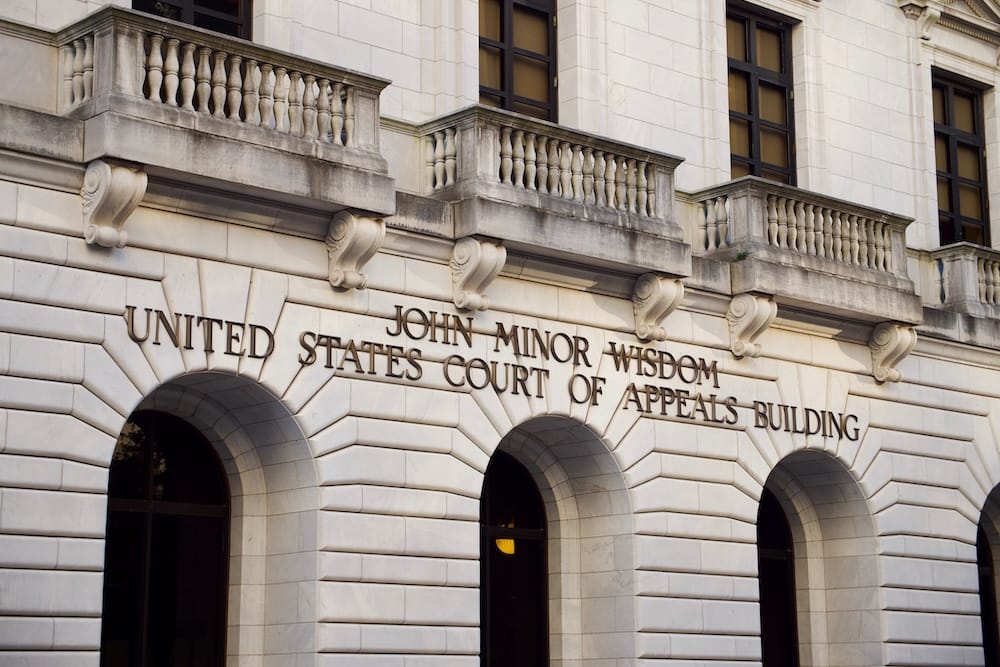

Fifth Circuit's Landmark Decision on Library Book Selection
In a significant ruling on May 23, the Fifth Circuit Court of Appeals decided by a 10-7 vote that public libraries have the authority to select or remove books based on viewpoint without violating the First Amendment. The court, in the case of Little v. Llano County, determined that a library's curation of materials constitutes 'government speech,' allowing officials to make decisions about which books to endorse or exclude from their collections. This decision overturns a long-standing precedent that barred the removal of library books for political reasons.
The majority opinion, penned by Judge Kyle Duncan, emphasized that libraries are extensions of government expression, meaning their choices in book selection do not infringe upon the constitutional rights of patrons to access information. This ruling stemmed from a dispute in Llano County, Texas, where books were removed based on content and viewpoint, sparking legal challenges from residents and advocacy groups. The court's stance marks a pivotal shift in how public libraries may operate under the law.
Implications for Public Libraries Across the Nation
The Fifth Circuit's decision could have far-reaching effects on how public libraries manage their collections, particularly in conservative-leaning regions where community values often influence local governance. By classifying library curation as 'government speech,' the ruling grants library officials and local authorities greater discretion to align collections with prevailing community standards or official positions. This has sparked discussions about the balance between access to diverse ideas and the role of government in shaping public resources.
While the ruling specifically addressed the actions in Llano County, it sets a precedent that may influence similar cases in other jurisdictions within the Fifth Circuit, which covers Texas, Louisiana, and Mississippi. Library boards and local officials may now feel emboldened to make decisions about book availability without fear of First Amendment challenges, focusing instead on reflecting the values or priorities of their communities.
Background and Legal Journey of the Llano County Case
The legal battle in Llano County began when several books, including titles addressing topics like racism and other controversial subjects, were removed from library shelves due to objections over their content. Residents challenged these removals, arguing that such actions violated their First Amendment rights to access information. Initially, a district court sided with the plaintiffs, issuing an injunction to return the books to the shelves, but the Fifth Circuit's full court review reversed this outcome.
Judge Duncan's majority opinion clarified that the government's role in curating library materials does not equate to censorship in a constitutional sense, as it falls under the umbrella of permissible government speech. This perspective has drawn attention to the ongoing national debate over book content in public spaces, particularly in areas where community standards play a significant role in local policy. The ruling underscores a commitment to allowing local governance to reflect the will of its constituents in managing public resources like libraries.
Dues are $12 per year. Member benefits:
✅ Ad-Free Website Viewing
✅ Advocacy for Republican Seniors
✅ 120+ Senior Discounts
✅ Member Only Newsletters